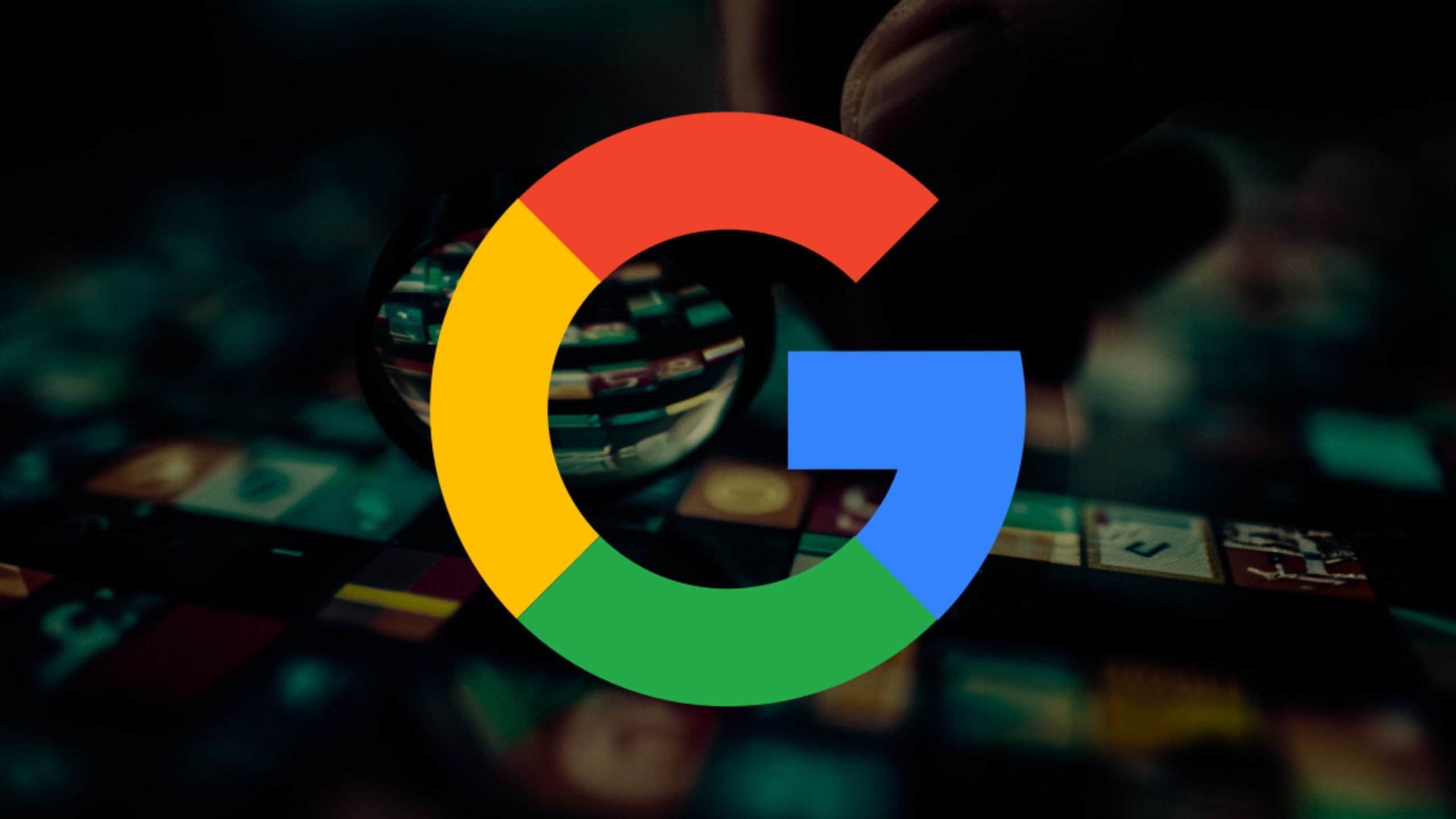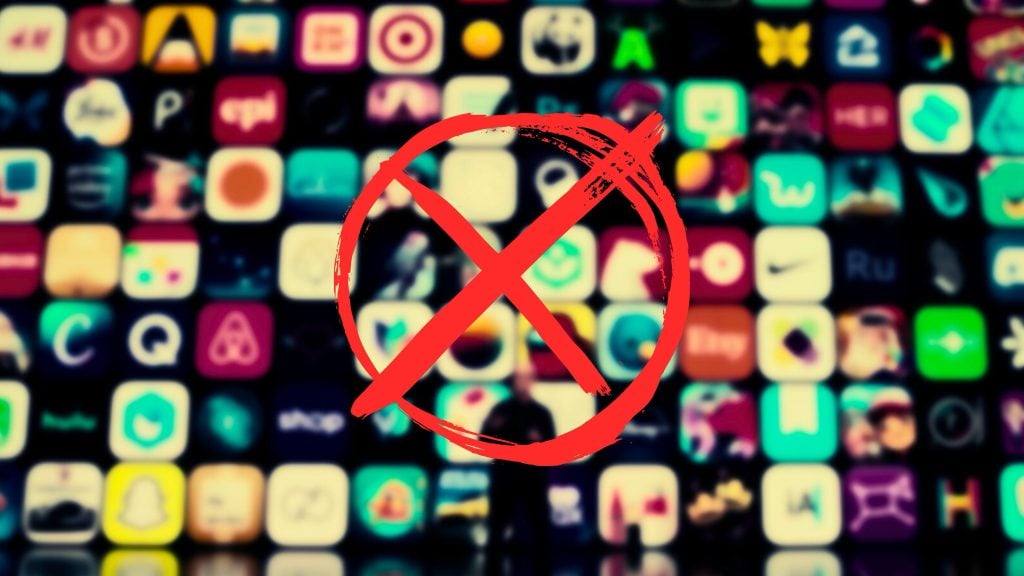It’s as good a time as any to effectively pull out of the EU’s “voluntary anti-disinformation” deal, which social media companies were previously strong-armed into accepting. And Google has now done just that.
The “strengthened” Code of Practice on Disinformation was introduced during the heyday of online censorship and government pressure on social platforms on both sides of the Atlantic – in June 2022, and at one point included 44 signatories.
One of those who in the meanwhile dropped out is X, and this happened shortly after Twitter was acquired by Elon Musk.
Now, as the “voluntary” code is formally becoming part of EU’s censorship law, the Digital Services Act (DSA), Google took the opportunity to notify Brussels it will not comply with the law’s requirement to include fact-checkers’ opinions in the search results, or rely on those to delete or algorithmically rank YouTube content.
Accepting these DSA requirements “simply isn’t appropriate or effective for our services,” Google’s Global Affairs President Kent Walker stated in a letter sent to European Commission’s Deputy Director-General for Communications Networks, Content and Technology, Renate Nikolay, reports said.
At the same time, Google is withdrawing from “all fact-checking commitments in the Code” – this refers to the signatories working with “fact-checkers” across EU member-countries. The code also requires tech companies to flag content, label political ads, demonetizing users found to be “spreading disinformation,” etc.
Even though Google’s censorship apparatus does not use third-party “fact-checkers” as it is, the news that the company has decided to defy the EU on this issue is interpreted as yet more proof that social media giants are breaking free from some of the constraints imposed on them by the authorities over the past years.
Meta recently announced that its fact-checking scheme in the US was ending in order to make room for more free speech on Facebook and Instagram, but it remains a signatory of the Code in the EU.
It remains to be seen what decision Meta will make once that agreement becomes part of the DSA – the deadline for which is currently unknown.










